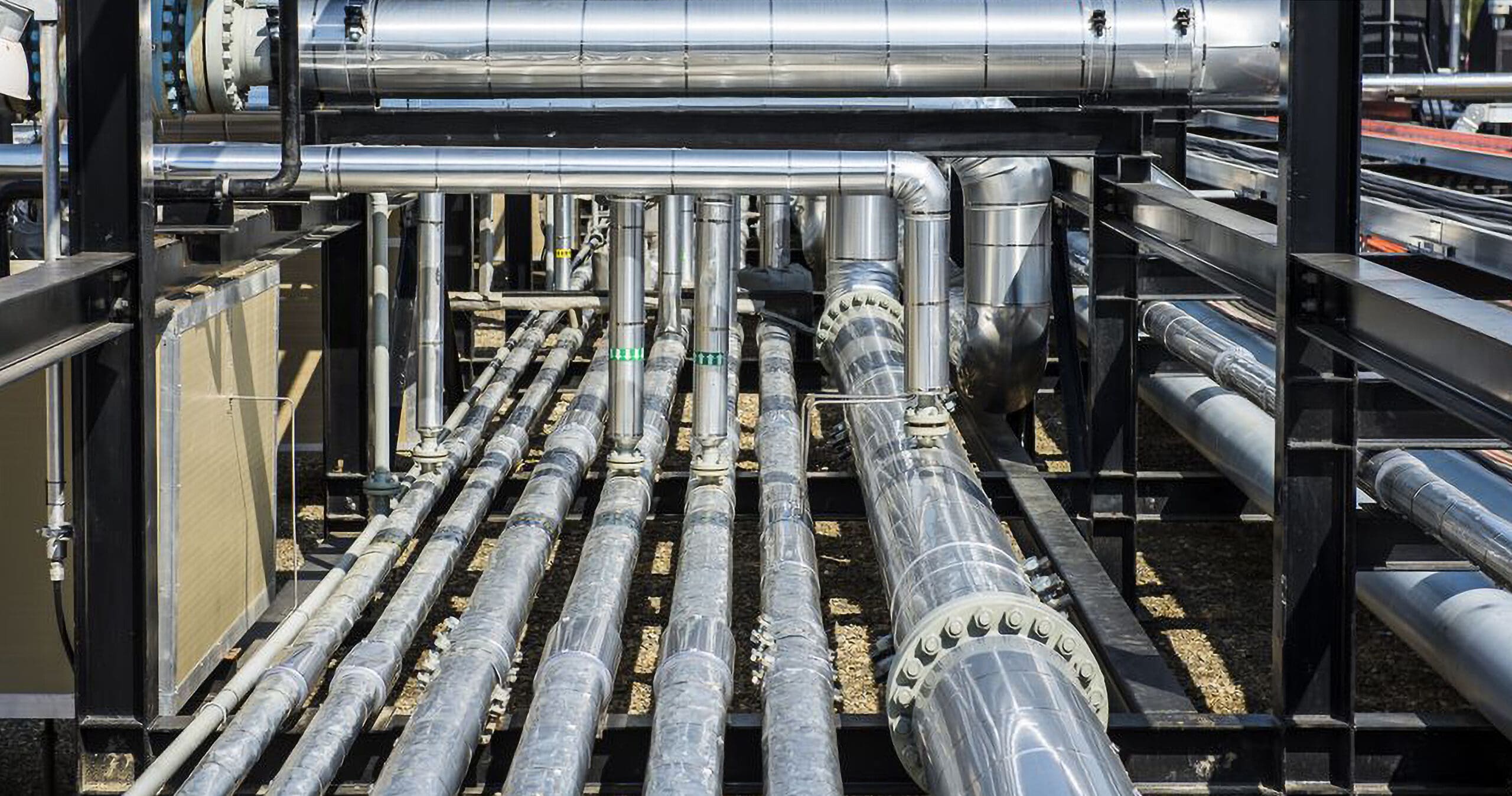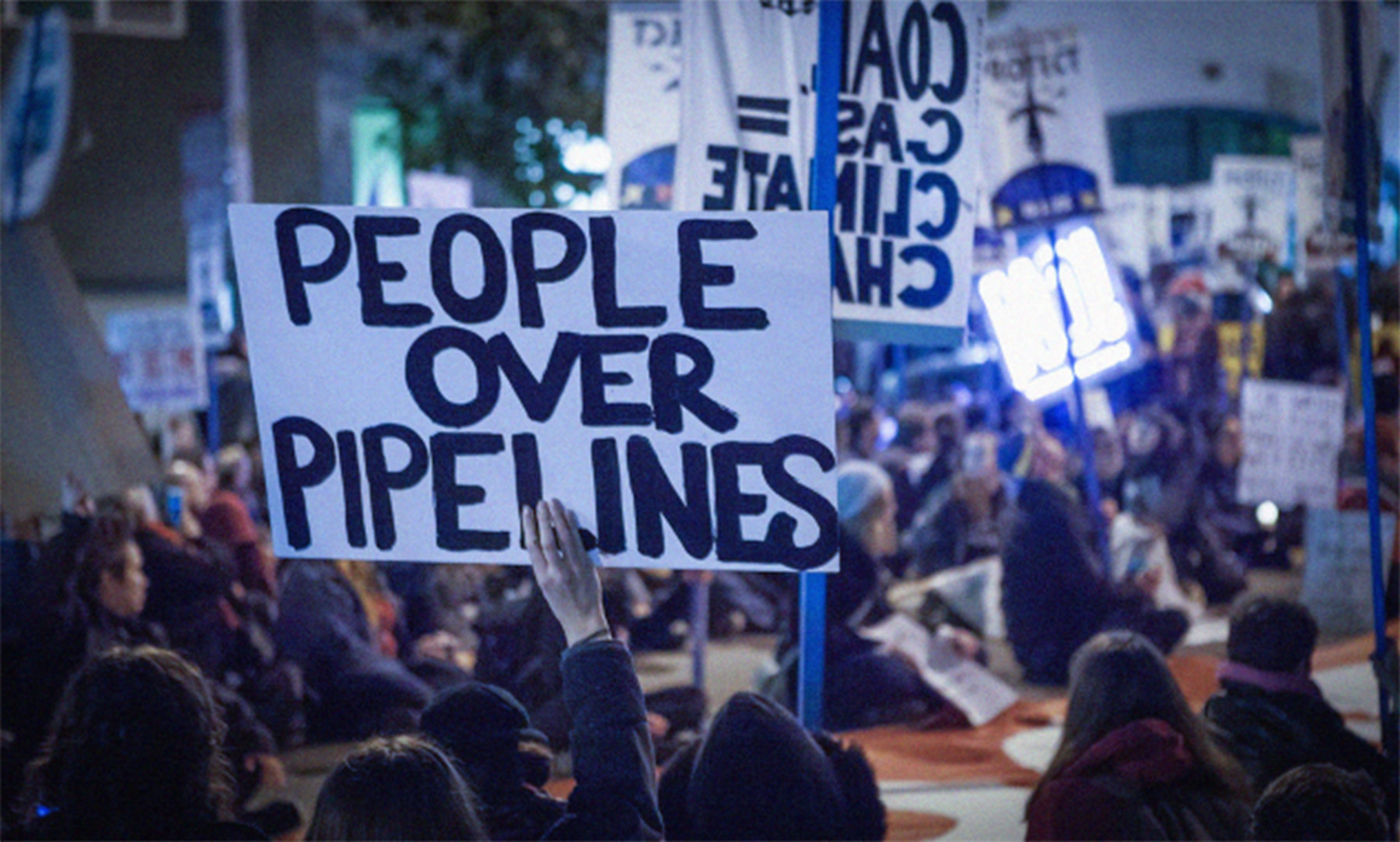Environment & Sustainability
Our publications are available to all at no cost. Please support the CCPA and help make important research and ideas available to everyone. Make a donation today.
-

Painting itself into a corner: LNG and the climate-affordability trade-off in B.C.
The B.C. government has painted itself into a corner by claiming to be climate action leaders while at the same time encouraging increased gas production for export
-

Ten Trump-proof nation-building projects for a strong, independent Canada
Thanks to decades of concerted action by Canadian businesses and governments—often working in opposition to workers and the broader public interest—the Canadian economy is now…
-

Can BC maintain its climate policies in the face of Trump’s tariff threats?
Even though they’re currently on pause, the threat of Trump tariffs has sent shockwaves through the Canadian economy. British Columbia’s exports to the United States,…
-

Heads in the sands
This report explores the potential social and economic consequences of a large-scale decline in oil sands production due to collapsing demand for Canadian oil exports.…
-

Greening Trade?
This document responds to a Global Affairs Canada and Environment and Climate Change Canada consultation on the functioning to date of the environment chapter in…
-

Connecting Communities
This paper includes an exploration of the positive outcomes of inter-community transportation demonstrated in Manitoba and in other jurisdictions; an overview of current Manitoba provincial…
-

Challenging Nova Scotia’s Climate Change Plan to Do Better
Challenging Nova Scotia’s Climate Change Plan to Do Better analyzes Nova Scotia’s approach to climate action as set out in the province’s 2022 Climate Change Plan,…
-

Manitoba Builds Green
This report investigates the potential to scale up a deep energy retrofit (DER) industry in Manitoba to reduce greenhouse gas emissions, create good jobs, spur…
-

Manitoba’s buildings have a massive opportunity beneath them
MANITOBA’S buildings have a massive opportunity beneath them — unused renewable energy. Incredibly, the technology exists to extract it via geothermal heating and cooling.
-

Is Manitoba willing to accept nuclear waste risks?
Previously published in the Winnipeg Free Press August 2, 2024
-

TC Energy loses $15-billion NAFTA lawsuit against U.S.
TC Energy has reached the end of the line in its legal vendetta against the Biden administration for terminating the Keystone XL pipeline in January…
-

Un héritage toxique
Note : Ceci s’agit d’une version mise à jour et traduite d’un rapport qui a été initialement publié en décembre 2023. Le rapport originel est disponible…
Updates from the CCPA
Read the latest research, analysis and commentary on issues that matter to you.
CCPA Updates